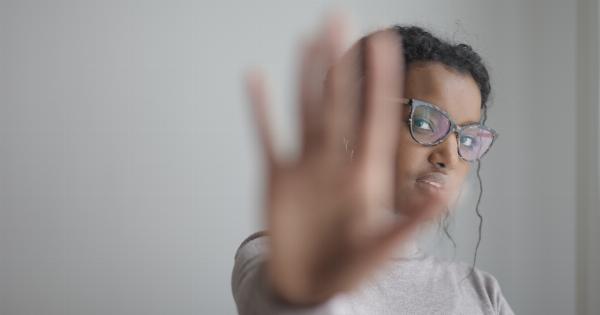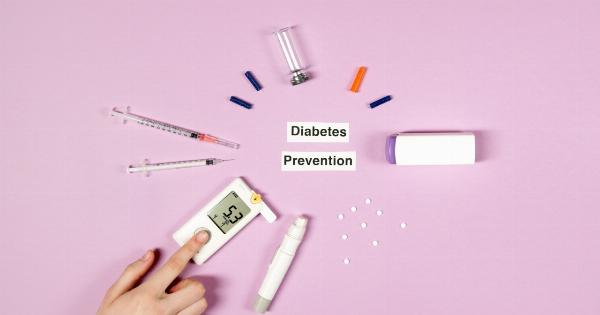Botox, also known as botulinum toxin, is a popular cosmetic procedure that has been around for decades. The procedure involves injecting a neurotoxin into the skin to smooth out wrinkles, fine lines, and other imperfections.
While Botox has been hailed as a miracle treatment by many, doctors are warning against its use by young adults.
The Downside to Botox for Young Adults
The main reason doctors are advising against Botox for young adults is that they believe it can have negative long-term effects on the skin.
Studies have shown that repeated use of Botox can thin the skin, making it more prone to damage and signs of aging. This means that while Botox may help young adults look younger in the short-term, it could actually make their skin age faster in the long run.
Another potential downside to Botox is that it can have unintended consequences, such as causing muscle weakness or drooping of the eyelid.
While these side effects are rare, they can lead to serious complications and even permanent damage if not treated properly.
The Risks of Botox for Younger Adults
In addition to the potential long-term downsides of using Botox, doctors are also concerned about the risks associated with the procedure for younger adults.
While Botox is generally considered safe, there is still a risk of complications and allergic reactions in some patients. This risk is even higher for young adults, whose bodies may not be fully developed or able to handle the stress of the procedure.
Finally, doctors are also concerned about the psychological impact of Botox on young adults. Many young adults may feel pressure to look perfect and may turn to cosmetic procedures like Botox to achieve this ideal.
However, this pressure to be flawless can lead to self-esteem issues, anxiety, and depression.
When Botox May Be Appropriate
While doctors are generally advising against Botox for young adults, there are some situations where the procedure may be appropriate.
For example, if a young adult has a medical condition that causes excessive sweating or muscle spasms, Botox may be an effective treatment option.
Additionally, some young adults may have significant wrinkles or signs of aging that are negatively impacting their self-esteem and overall wellbeing.
In these cases, a consultation with a qualified dermatologist or plastic surgeon may be appropriate to discuss the potential benefits and risks of Botox.
Alternatives to Botox for Young Adults
For young adults who are concerned about wrinkles or other imperfections but do not want to risk the downsides of Botox, there are several alternative treatments available.
For example, hyaluronic acid fillers or chemical peels may be effective at reducing the appearance of fine lines and wrinkles without the risks associated with Botox.
Additionally, many young adults may benefit from adopting a healthy skincare regimen, which includes wearing sunscreen, moisturizing regularly, and avoiding cigarette smoking and tanning beds.
The Bottom Line on Botox for Young Adults
While Botox may seem like an easy solution to wrinkles and fine lines, doctors are cautioning against its use in young adults.
The downsides of Botox, including long-term skin damage and potential complications, outweigh the short-term benefits for many patients. Instead, young adults should focus on adopting a healthy lifestyle and using non-invasive treatments to promote healthier, more youthful-looking skin in the long-term.




























